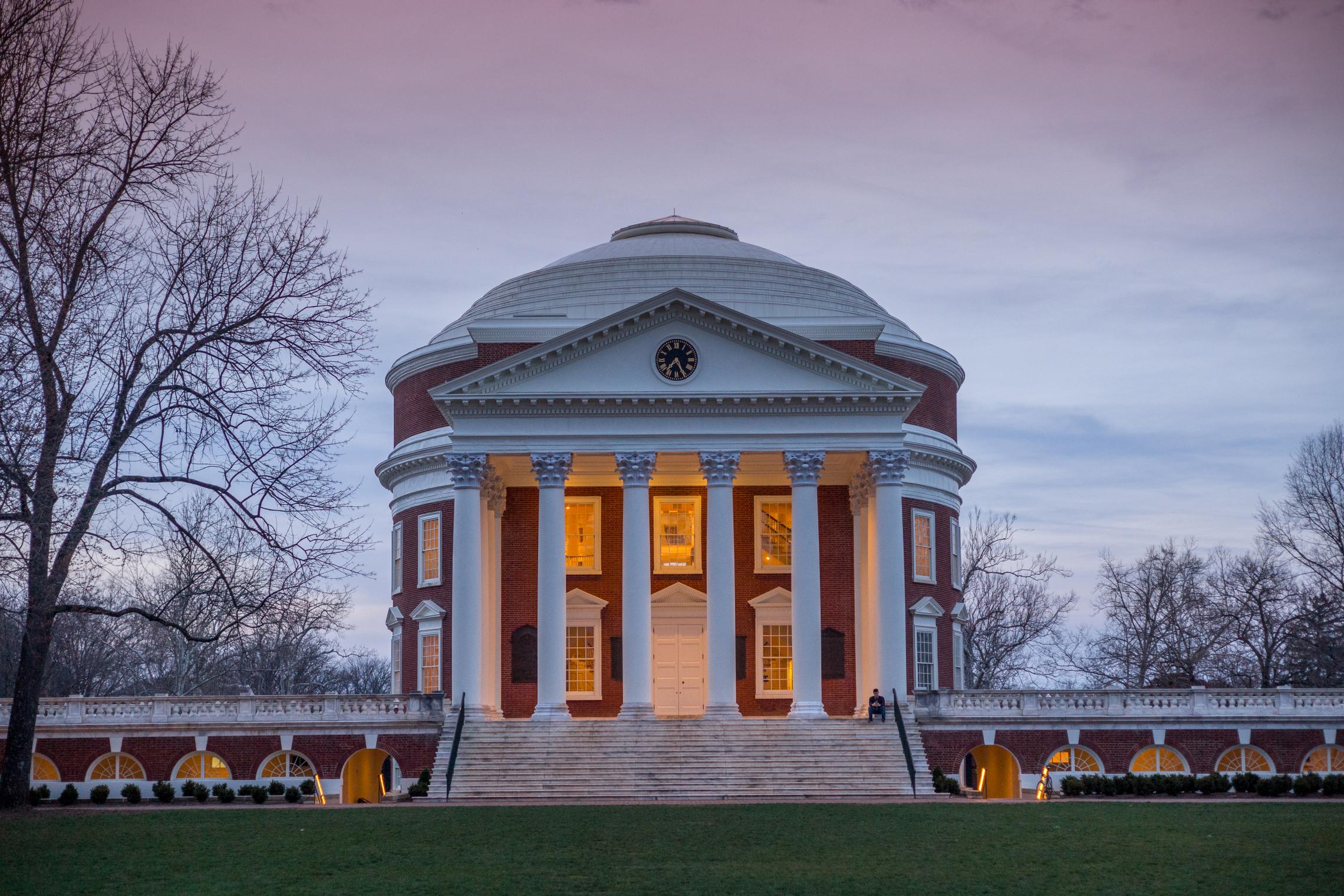Pride of character, laudable ambition, & moral dispositions are innate correctives of the indiscretions of that lively age; and when strengthened by habitual appeal & exercise, have a happier effect on future character, than the degrading motive of fear; hardening them to disgrace, to corporal punishments, and servile humiliations, cannot be the best process for producing erect character.
This section of the reading describes the preferred method of teaching for students. The philosophy for the way of teaching essentially promotes praise as opposed to criticism when motivating students to push further and gain a bettered sense of intellect and character. I see this as a very positive aspect of what the founders of the university sought to implement in the teaching style of the university. It is important that there is a positive relationship between teachers and students. During this young-adult phase, positive reinforcement is much more effective than discouraging criticism. I personally respond better when my teachers and authority figures criticize me constructively, and encourage me to reach further and offer me insight as to how I can be a better student and individual. This method of reinforcement is especially important among diverse communities, such as that of UVA, where members of minority groups pertaining to race, gender, and sexuality feel vulnerable to discrimination and degradation. During my experience at UVA, I have felt that my teachers really do exercise this effort to encourage me in constructive ways. As a member of the Hispanic demographic, as well as being a woman, I feared feeling looked down upon and discriminated against by my professors and peers; however, this has not been the reality. Just as the founders of the university intended, the faculty at UVA generate positive energy in the classroom, promoting a great sense of ambition and passion towards their respective subject areas. They choose to commend us for our successes and motivate us to improve on our weaknesses, rather than discouraging us and having us live with a sense of fear that we as individuals are not enough to succeed at UVA. -Estefania Salume
